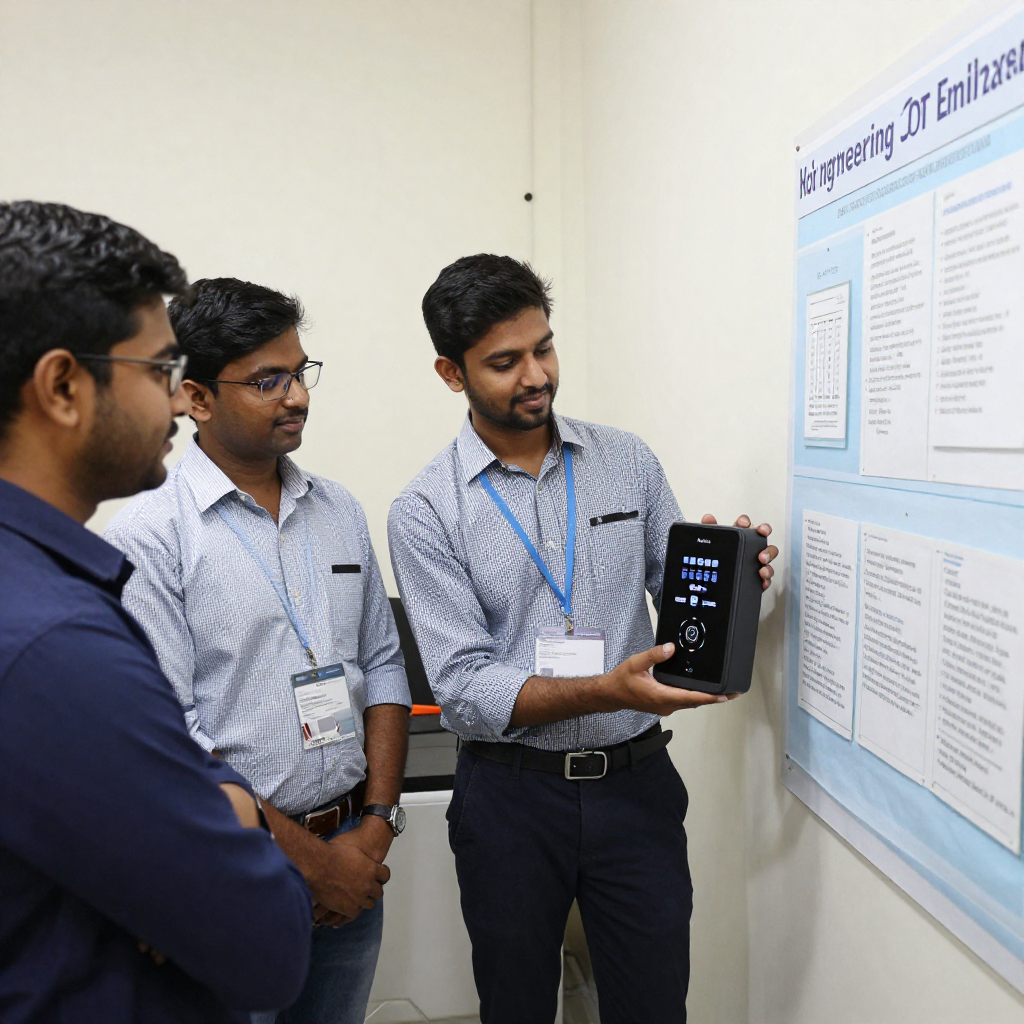World Suicide Prevention Day 2025: Student Help & Helplines.
Every year on 10 September, campuses around the world pause for World Suicide Prevention Day. The 2025 theme—“Changing the Narrative on Suicide”—urges us to replace silence and stigma with open, compassionate conversations and practical support. For Indian college students facing intense exam pressure, that shift can be life-saving.
Why this matters now: globally, suicide is the third-leading cause of death among 15–29-year-olds, and more than 720,000 people die by suicide each year. India reflects that burden too; NCRB data show the national suicide rate rose to 12.4 per 100,000 in 2022, and students remain a visible share of these losses. Recent summaries of NCRB data indicate students accounted for ~7.6% of total suicides in 2022—a sobering reminder that academic contexts are not immune.
How exam stress shows up
In our colleges, exam pressure is often a mix of high-stakes testing, limited seats, family expectations, and packed schedules that leave little room for sleep or recovery. Over time, that can spiral into anxiety, low mood, burnout, sleep problems, and hopelessness—all of which undermine performance and well-being. “Changing the narrative” means telling students (and ourselves) the truth: grades matter, but health matters more, and asking for help is strength—not failure.
Warning signs to take seriously
Act fast if you notice a friend (or yourself) showing:
Talk of hopelessness or self-harm, feeling like a burden, or saying goodbye.
Withdrawal from friends, classes, or activities once enjoyed.
Sudden mood shifts (from despair to sudden calm), risk-taking, disturbed sleep/appetite, or researching ways to die.
If you see several signs together, check in right away and connect them to support. Asking directly about suicide does not “put the idea” in someone’s head—it can open a path to help. (WHO guidance supports compassionate, direct conversation.)
What helps during exam season
Plan early, study smart: break syllabi into daily goals; use active techniques (past papers, teach-back, flashcards).
Protect sleep, food, and movement: consistency beats all-nighters; even 30 minutes of walking lowers stress.
Breathe & ground: box-breathing (inhale 4, exhale 6) before study blocks and exams.
Stay connected: study groups, quick calls with friends/family, and short breaks for a hobby.
Ask for help early: when worry feels constant or you can’t function, reach out—counsellors, mentors, and helplines are there for you. (WHO encourages multi-layered prevention and timely support.)
Support at JIET (for our students)
JIET fosters a pro-wellness campus: a Counselling Cell for confidential sessions, peer mentors who check in through the semester, and stress-management workshops around exam time. If you’re overwhelmed, contact the Counselling Cell via the student portal or speak to your faculty mentor—sooner is better.
Helplines you can use now (free & confidential)
Tele-MANAS (Govt. of India): 14416 (24×7, multilingual).
Vandrevala Foundation: +91 9999-666-555 (call/WhatsApp, 24×7).
AASRA: +91-22-2754-6669 (24×7).
iCALL (TISS): 022-2552-1111 (Mon–Sat).
Emergency: If someone is in immediate danger, call 112.
If today feels heavy, you are not alone, and you don’t have to carry this by yourself. Reach out—to a friend, a mentor, the Counselling Cell, or any helpline above. On World Suicide Prevention Day and every day, let’s change the narrative on our campus: asking for help is an act of courage, and your life matters.




